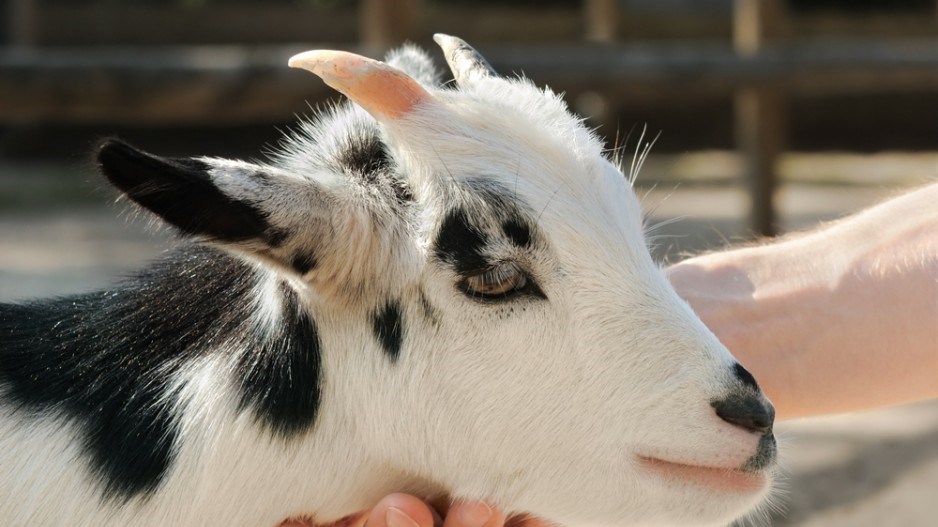B.C.’s Supreme Court has dismissed a lawsuit against the Pacific National Exhibition (PNE) and others alleging a child became sick after an E. coli outbreak in 2009 at a petting zoo in the agricultural building.
Defendants had sought private health records of others possibly infected, a request the court said was not an option due to laws protecting privacy on health issues.
Two parents brought legal actions alleging their children – a pair of brothers in one case and a girl in the other – were infected when visiting the PNE in 2009.
Included among defendants were Pacific National Exhibition and an employee, the District of North Vancouver, Langley Animal Clinic and Vancouver Coastal Health Authority (VCHA).
E. coli can cause diarrhea in minor cases but nastier strains can cause severe abdominal cramps, bloody diarrhea and vomiting.
The parents alleged the defendants failed to take reasonable steps to avoid transmission of E. coli to the children. Allegations included failures with respect to design, presentation, supply of equipment and animals, maintenance, operation, inspection, warnings, hand washing facilities and supervision of the petting farm.
The defendants denied the allegations.
Central to the dismissal of the case was a request by the plaintiffs that the health authority produce records showing names and contact information of each individual who contracted E. coli in a manner possibly linked to the 2009 PNE.
The health authority opposed the application as did the provincial Ministry of Attorney General, which intervened in the case. They argued the request covered personal information collected under the Public Health Act and not subject to disclosure.
An earlier Supreme Court of BC ruling in the case said the purpose of collecting such information is not so it can be used for civil litigation brought by others.
That was upheld on appeal with Justice Neena Sharma’s Sept. 12 ruling saying, “The only reason the VCHA has anybody's personal information is because it is related in some way to public health services and or protection of public health.”
“The heightened concern about the confidentiality of highly private information attaches to any personal information collected under the legislation.”
@jhainswo




